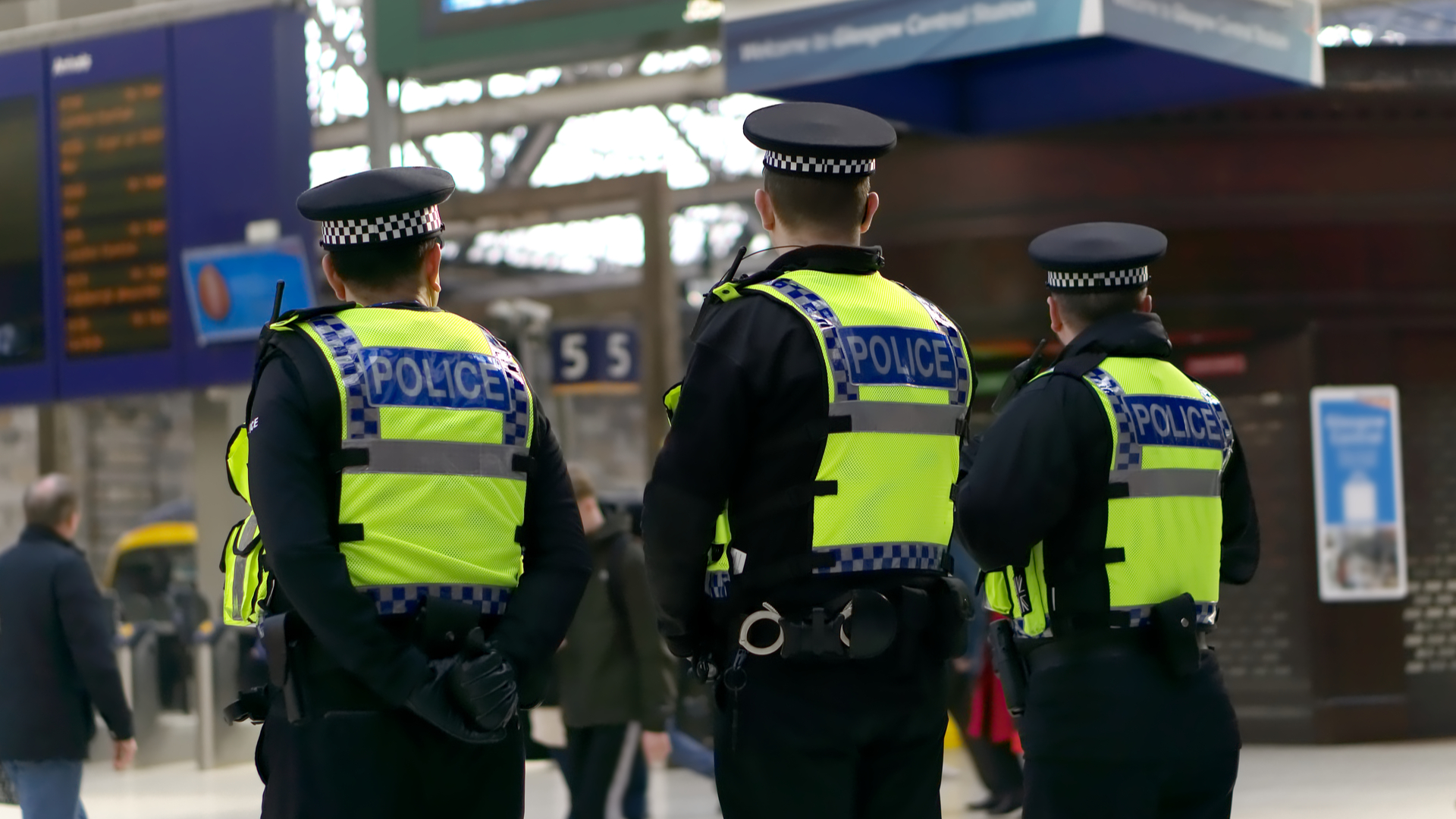London police chief calls for AI legal framework
The Metropolitan Police started using live facial recognition in January


The use of artificial intelligence (AI) by the police force should be specified by a legal guideline, according to Metropolitan police commissioner Cressida Dick.
The UK's top-ranking member of the police called on the government to create a legal framework for police use of new technologies such as AI, biometrics and DNA.
She told reporters that “the best way to ensure that the police use new and emerging tech in a way that has the country’s support is for the government to bring in an enabling legislative framework that is debated through Parliament, consulted on in public and which will outline the boundaries for how the police should or should not use tech”.
The news comes after the Royal United Services Institute (RUSI) published a study over the weekend calling for frameworks to ensure that data analytics, AI and computer algorithms used by the police force were developed "legally and ethically".
Last year, a report by the Centre for Data Ethics and Innovation (CDEI) claimed that UK police are wary of the possibility that the lack of consistent guidelines for automated technology has a potential to "amplify" prejudices.
The main reason for the demands for “crucial” oversight of police AI use is the risk of discrimination. Although Dick agrees that legal frameworks are needed, she disagreed with critics that facial recognition algorithms are racially discriminatory:
“We know there are some cheap algorithms that do have ethnic bias but, as I’ve said, ours doesn’t and currently the only bias in it is that it shows it is slightly harder to identify a wanted woman than a wanted man,” said the police commissioner. The Metropolitan Police’s facial recognition technology is reportedly provided by NEC.
Get the ITPro daily newsletter
Sign up today and you will receive a free copy of our Future Focus 2025 report - the leading guidance on AI, cybersecurity and other IT challenges as per 700+ senior executives
Last month, the Metropolitan Police started using live facial recognition (LFR) on the streets of London. The decision was slammed by privacy campaigners and called a "serious threat to civil liberties".
“Give us the law and we’ll work within it,” Dick told reporters.
Having only graduated from City University in 2019, Sabina has already demonstrated her abilities as a keen writer and effective journalist. Currently a content writer for Drapers, Sabina spent a number of years writing for ITPro, specialising in networking and telecommunications, as well as charting the efforts of technology companies to improve their inclusion and diversity strategies, a topic close to her heart.
Sabina has also held a number of editorial roles at Harper's Bazaar, Cube Collective, and HighClouds.
-
 OpenAI's new GPT-4.1 models miss the mark on coding tasks
OpenAI's new GPT-4.1 models miss the mark on coding tasksNews OpenAI says its GPT-4.1 model family offers sizable improvements for coding, but tests show competitors still outperform it in key areas.
By Ross Kelly
-
 Meta just revived plans to train AI models using European user data
Meta just revived plans to train AI models using European user dataNews Meta has confirmed plans to train AI models using European users’ public content and conversations with its Meta AI chatbot.
By Nicole Kobie